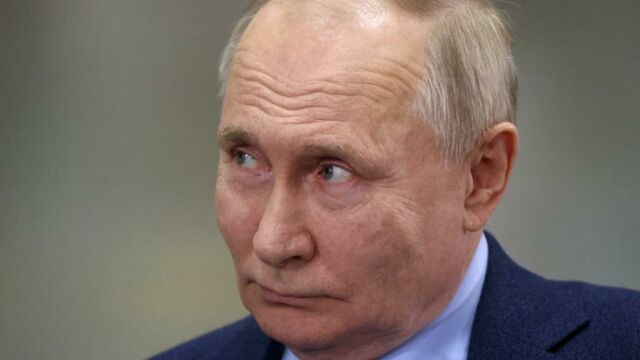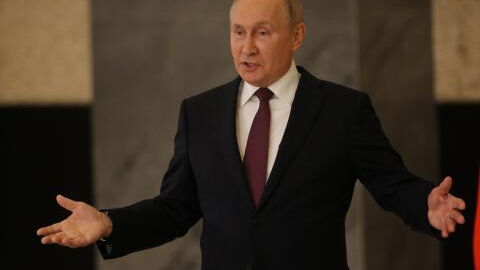Russian defence minister Sergei Shoigu issued a warning to the West regarding nuclear weapons on Monday 30 October. Yet, at the same event - the Beijing Xiangshan Forum - he also stated that Russia is ready to talk about the ‘post-conflict settlement’ of the war against Ukraine. He even went on to state that his country is ready for talks on future ‘coexistence’ with the West, but did reiterate that Western powers need to stop planning the ‘strategic defeat’ of Russia.
Discover our latest podcast
Simultaneously, a close ally of Putin has called for Russia to consider finding a peaceful solution to the conflict. Alexander Lukashenko has been a longtime ally of Russian President Vladimir Putin. However, comments that the Belarusian President made earlier this month were circulating as he seemed to speak in support of the Ukrainian President Zelenskyy. Now, he has spoken out to urge Russia and Ukraine to ‘come to an agreement’.
What Sergei Shoigu said
This is not the first time that the possibility of peace talks has been raised since Russia invaded Ukraine in February 2022. According to Tass, the Russian state news agency, the Russian defence minister said:
In case the necessary conditions are created, we remain ready for political discussions on a realistic basis —both on the post-conflict resolution of the Ukrainian crisis, and on the parameters of further coexistence with the West as a whole.
He went on to speak about the importance of countries that are armed with nuclear powers collaborating:
It is important to ensure equal relations between all nuclear powers—permanent members of the U.N. Security Council, which bear special responsibility for maintaining peace and global stability.
In order to form a fair, multipolar world order, it is necessary to update the international security architecture and give it greater stability. To do this, it is necessary to unite the efforts of all interested countries.
This was closely followed by a threat for the West, whose support for Ukraine was interpreted by Shoigu as a desire to bring about the ‘strategic defeat of Russia’:
The Western line of steady escalation of the conflict with Russia carries the threat of a direct military clash between nuclear powers.
What Alexander Lukashenko said
Meanwhile, Lukashenko has warned that Ukraine and Russia are in a war that has become ‘seriously stalemate’. He said:
There are enough problems on both sides and in general the situation is now seriously stalemate: no one can do anything and substantively strengthen or advance their position.
Indeed, the loss of life from both sides of the conflict has been reported in Western media since the start of the war. Lukashenko insisted that talks are the best way to move forward, and that preconditions need not be attached:
They’re there head-to-head, to the death, entrenched. People are dying.
Putin has shown no intention of carrying out these talks, and is currently at the centre of a tornado of rumours surrounding his health. Regardless, having these two major voices encourage peace talks to end Putin’s ‘special military operation’ in Ukraine is humiliating for the Russian President. Only time will tell if he decides to listen to them.
Read more:
Sources used:
Express: Desperate Putin 'ready for talks' to end conflict amid health fears
Newsweek: Russia Finally 'Ready' for Ukraine Peace Talks















